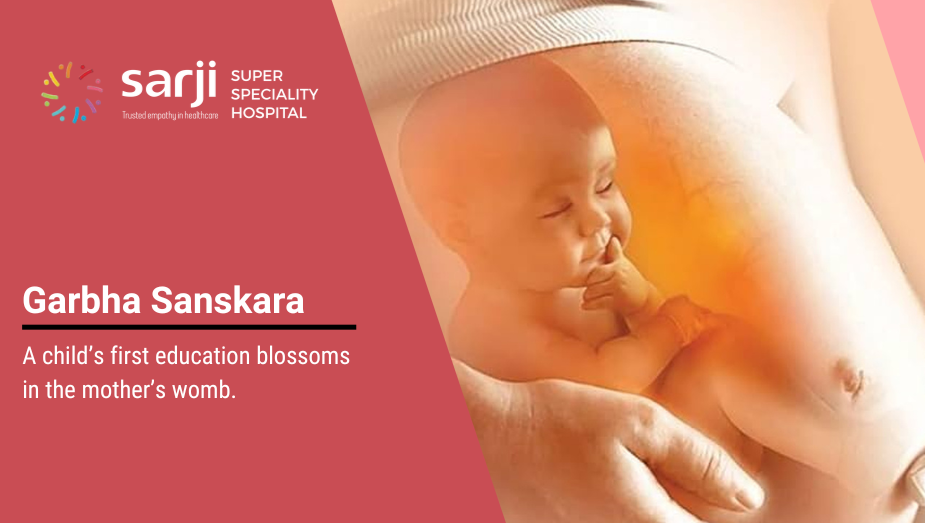The Department of Nephrology provides comprehensive and benevolent care to the patients across the spectrum of acute and chronic kidney diseases. The departments' transplant facilities are engineered to deliver quality care and successful outcomes even in ABO incompatible transplants. Our team of experienced doctors is recognized for its superior clinical skills and for treating all categories of patients ranging from children to adults. We have an eminent team of kidney transplant specialists, nephrologists, urologists and the technical expertise needed to meet the challenges in conducting multiple life saving procedures. We offer the most advanced diagnostics, comprehensive pre-operative evaluation and dialysis support, the latest facilities available in surgical procedures, and complete post-operative care to minimize chances of infection.
We also provide dialysis service driven by an efficient team of nephrologists, nurses, and certified haemodialysis technicians along with registered dieticians. Peritoneal, nocturnal and short daily dialysis and haemodialysis are provided to both children and adults. The patients suffering from kidney diseases need superior quality care, hope and guidance and we take pride in our team's efforts to achieve successful outcomes for our patients. We ensure patients' comfort and satisfaction through our services.
Common Kidney Conditions Treated in Nephrology:
1. Chronic Kidney Disease (CKD): A gradual loss of kidney function over time, often due to conditions like high blood pressure, diabetes, or glomerulonephritis.
2. Acute Kidney Injury (AKI): A sudden decline in kidney function, which can be caused by factors like infections, medications, trauma, or dehydration.
3. Kidney Stones: Hard deposits of minerals and salts that form inside the kidneys, which can cause severe pain, blood in the urine, and urinary obstruction.
4. Hypertension (High Blood Pressure): Kidney disease can both cause and be a result of high blood pressure. High blood pressure can also worsen kidney function over time.
5. Nephrotic Syndrome: A collection of symptoms caused by damage to the kidneys, including swelling, high protein levels in the urine, and low albumin in the blood.
6. Glomerulonephritis: Inflammation of the kidney's filtering units, which can be caused by infections, autoimmune diseases, or inherited conditions.
7. Polycystic Kidney Disease (PKD): A genetic condition characterized by the growth of numerous cysts in the kidneys, which can eventually lead to kidney failure.
8. Kidney Cancer: Malignancies that form in the kidneys, including renal cell carcinoma.
9. Electrolyte Imbalance: Kidney disease can affect the body’s ability to regulate electrolytes like sodium, potassium, calcium, and phosphate, leading to potentially serious complications.
10. End-Stage Renal Disease (ESRD): The final stage of chronic kidney disease when the kidneys can no longer perform their function, requiring dialysis or a kidney transplant.
Why Nephrology Matters:
The kidneys are vital organs that perform many functions essential for overall health. When kidney function is impaired, it can lead to serious and potentially life-threatening complications, such as fluid buildup, electrolyte imbalances, and toxin accumulation. Early diagnosis and timely intervention by a nephrologist are crucial to preventing kidney damage, slowing the progression of kidney disease, and ensuring the best possible outcomes for patients.
Nephrology treatments aim to improve kidney function, prevent further damage, and provide patients with the tools they need to manage their condition and lead healthy lives. Nephrologists work closely with patients to develop personalized care plans that may involve medication, lifestyle modifications, and more advanced treatments such as dialysis or kidney transplantation.









